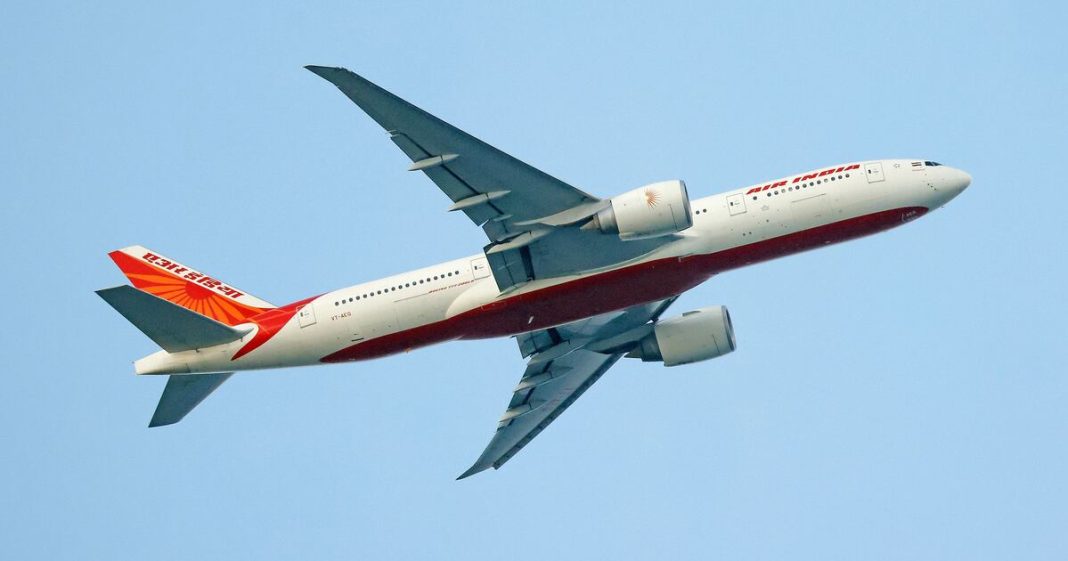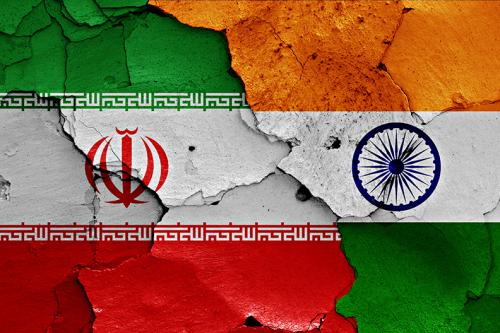An Air India flight from New Delhi to Chicago was forced to make an emergency landing in the remote Arctic town of Iqaluit, Canada, on Tuesday morning after a bomb threat was posted online. This incident adds to a series of false bomb alerts plaguing Indian airlines in recent days. Despite the hoaxes, the threats are being taken seriously by authorities as a precautionary measure.
Emergency Landing in Iqaluit
Flight AI127, carrying 211 passengers and crew members, diverted to Iqaluit Airport due to the threat. The Royal Canadian Mounted Police (RCMP) confirmed that all passengers safely disembarked at around 5:20 a.m. and were relocated to the terminal for further security checks. As per protocol, the aircraft and all passengers were re-screened, Air India said in a statement. Canadian forces later assisted in transporting the passengers to Chicago as Iqaluit, a small town near the Arctic Circle, struggled to accommodate the stranded passengers overnight.
Read More: PIA flight escapes major accident at Dubai Airport
The bomb threat was ultimately declared a hoax, and investigations are ongoing. Authorities are considering legal action against the perpetrators to hold them accountable for the disruption and damage caused.
Series of False Bomb Threats
This incident follows a string of hoax bomb threats targeting Indian airlines in recent days. On Monday, an Air India flight from Mumbai to New York was forced to divert to New Delhi after a similar false bomb alert. India’s low-cost carrier, IndiGo, also reported bomb threats against two flights scheduled to depart for Jeddah in Saudi Arabia and Muscat in Oman, delaying operations.
In Asia, another scare occurred when two Singaporean fighter jets were scrambled to escort an Air India Express plane into Changi Airport after an online bomb threat targeting the flight. Fortunately, no explosives were found in any of these incidents.
Air India has stated that all recent threats have been hoaxes but emphasized that “as a responsible airline operator, all threats are taken seriously.” The airline has expressed intent to pursue legal action against those responsible for these false alarms to recover damages and minimize future disruptions.
Heightened Tensions Between Canada and India
The hoax bomb threats coincide with escalating tensions between Canada and India. Just hours before the Air India emergency landing, both nations had expelled diplomats amid a deepening political rift. Canadian Prime Minister Justin Trudeau accused Indian agents of orchestrating the assassination of Sikh separatist leader Hardeep Singh Nijjar in British Columbia, prompting Canada to expel six Indian diplomats. India responded in kind, expelling Canadian diplomats and refuting the allegations as “preposterous.”
While there is no clear evidence linking the recent threats to this diplomatic feud, the emergency landing in Canada has revived painful memories of the 1985 bombing of Air India Flight 182, which killed 329 people, including 280 Canadians. The bombing, carried out by Sikh extremists, remains the deadliest terrorist attack in Canadian history. Air India and Canadian authorities are particularly sensitive to any threats involving the airline given the historical context.
Legal Consequences and Investigations
The repeated false bomb threats have triggered investigations across multiple countries. Canada’s RCMP Federal Policing Northwest Region’s Federal Arctic Unit has taken over the probe into the Iqaluit incident. Explosive specialists from RCMP were also dispatched to investigate, as the Arctic region lacks an explosive disposal unit.
Read More: Skilled Pilot Saves PIA Flight After Hydraulic Malfunction
Meanwhile, India’s Ministry of Civil Aviation (MOCA) is reportedly holding meetings to discuss the growing number of hoaxes and ways to enhance security measures. The airline industry and governments worldwide are working together to ensure that these threats do not go unchecked and that the perpetrators are brought to justice.














